Society
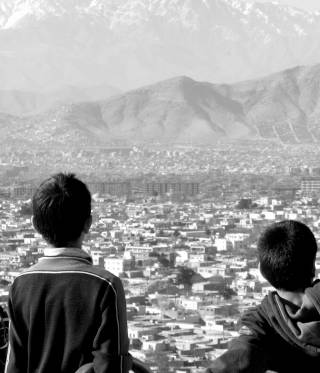
Today's Afghanistan is in many ways a result of the events that began to unfold in 1979. Journalist Waheed Massoud has been living through all of it and reminisces about how the last four decades have shaped him and his generation.
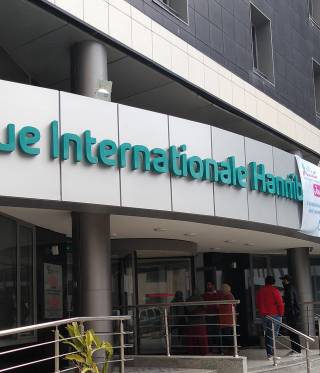
With crumbling healthcare infrastructure in Libya, many people travel abroad for treatment. Tunisia is the nearest destination, but a weak Libyan economy and slow payments by the Ministry of Health have affected the ability of Libyans to get care.
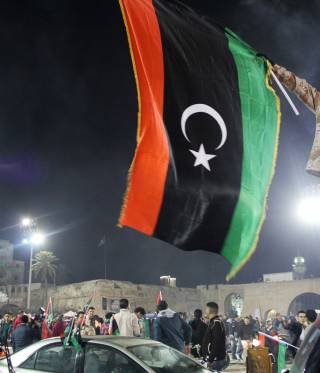
Libya’s youth came of age in an era quite unlike that of their parents, experiencing first the euphoria of revolution, then the descent into bloodshed and anarchy.
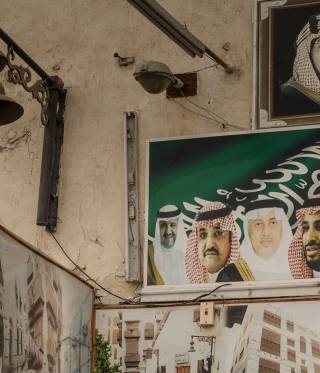
Saudis, who grew up in the 1980s and 1990s, only need to ask their parents and grandparents what another Saudi Arabia may look like. Forty years after 1979, our generation can finally influence the course of the country.
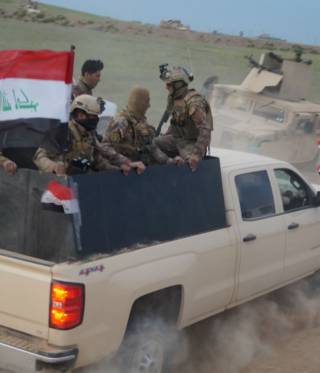
Munqith Daghir runs the Iraqi polling organization IIACSS. The rise of the so-called Islamic State (IS) could have been predicted, he believes. He shares what to expect from the newly formed government and why the S in IS matters more than the I.
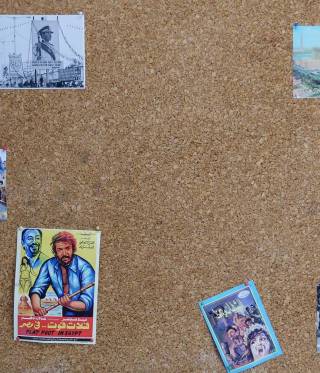
Camp David rewarded Egypt's army for peace but also paved the way for the repressive surveillance state. When the revolution hit the streets in 2011, it dawned on our author how pivotal 1979 proved to be in that context.
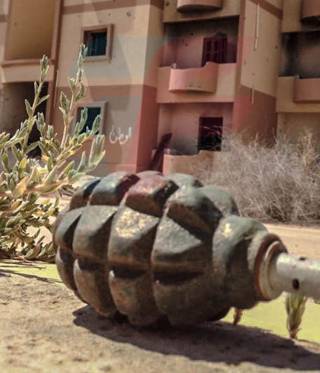
Mines and unexploded ordnances pose a threat at every step of the way. Efforts to dispose of the remnants of war aim to reclaim safe spaces–and a common ground for shared experiences for Libyans from all parts of the country.
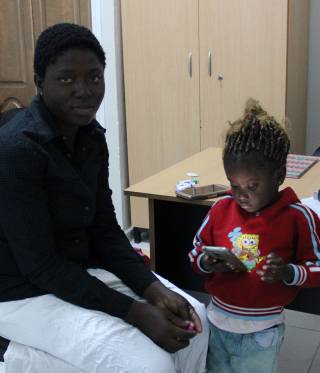
At Tunisia’s only existing refugee centre, scores of illegal migrants are trying to move on from their cursed journeys through Libya.